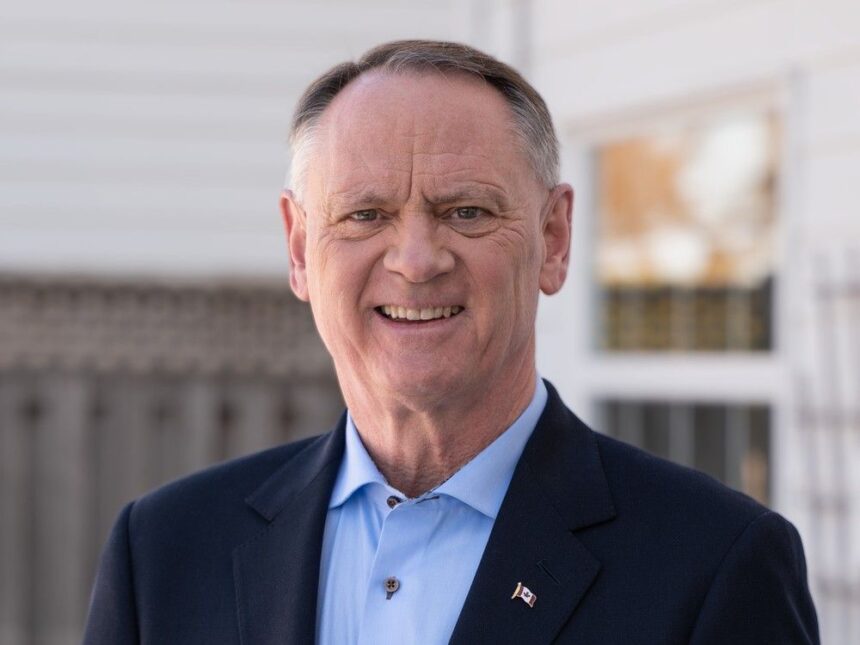In a significant reshuffling of federal responsibilities, Ottawa South MP David McGuinty and Ottawa Centre MP Yasir Naqvi have received new cabinet positions, strengthening the capital region’s presence in Prime Minister Justin Trudeau’s inner circle.
McGuinty, who has represented Ottawa South since 2004, takes on the role of Minister of Public Services and Procurement, a critical position overseeing billions in government contracts and property management. The appointment comes at a pivotal time as the federal government grapples with aging infrastructure and modernization challenges across its vast property portfolio in the National Capital Region.
“I’m deeply honored to serve in this capacity,” McGuinty told reporters outside the Parliament Buildings. “Ottawa is home to the largest concentration of federal buildings in the country, and ensuring these assets are properly maintained while delivering value to taxpayers will be my top priority.”
Meanwhile, Naqvi transitions to the Labour portfolio, where he faces immediate challenges including ongoing public service contract negotiations and workforce modernization issues affecting thousands of Ottawa-area federal employees.
The appointments reflect a strategic positioning of Ottawa voices in portfolios directly impacting the region’s economy, according to Carleton University political scientist Amanda Henderson.
“With roughly 130,000 federal employees in the National Capital Region, having local MPs in these specific roles creates an important bridge between national policy and local impacts,” Henderson explained. “McGuinty’s procurement role in particular will have significant influence over federal real estate decisions that directly affect Ottawa’s downtown core.”
The appointments come as the federal government faces increasing pressure to address deteriorating Crown-owned buildings and make decisions about the future of federal workspaces in a post-pandemic environment.
Local business leaders have cautiously welcomed the appointments. Catherine Callary, Vice President of the Ottawa Board of Trade, noted the potential for improved attention to local economic concerns.
“Having Ottawa representatives in these specific portfolios could help ensure local perspectives are considered in decisions that profoundly affect our business community,” Callary said. “The future of downtown workspaces and procurement policies has enormous implications for Ottawa’s economy.”
The new cabinet positions also reflect regional balancing priorities. Eastern Ontario now holds key economic portfolios, with Mona Fortier continuing as President of the Treasury Board, creating a triumvirate of Ottawa-area ministers with significant influence over government spending and operations.
Not all reactions have been positive, however. Opposition critics have questioned whether the appointments represent substantive change or merely a political reshuffling aimed at improving the government’s sagging poll numbers.
“Changing the nameplate on the minister’s door doesn’t address the fundamental problems facing Canadians,” said Conservative MP Pierre Paul-Hus. “Ottawa residents deserve ministers who will tackle housing affordability and cost of living issues, not just manage government operations.”
For residents of Ottawa’s federal districts, the appointments potentially bring stronger advocacy on local issues. Community associations have already begun reaching out to the newly appointed ministers regarding neighborhood concerns related to federal lands and properties.
“We’ve been waiting years for movement on several federal properties that sit vacant in our community,” said Robert Brinker, president of the Old Ottawa East Community Association. “Having local representatives in these specific roles might finally break the logjam.”
The appointments come as the federal government faces critical decisions about its real estate footprint in the capital. With hybrid work arrangements becoming permanent for many departments, questions loom about the future of numerous downtown office towers and the broader economic impact on surrounding businesses.
I’ve watched Ottawa’s federal buildings deteriorate over my two decades covering local politics. The appointment of local MPs to these specific roles might finally bring the attention needed to address aging infrastructure while being sensitive to community impacts.
McGuinty and Naqvi join cabinet at a pivotal moment, with major decisions pending about post-pandemic work arrangements that will shape the capital’s economic landscape for years to come. Whether they can balance national responsibilities with local advocacy remains to be seen, but their appointments undeniably strengthen Ottawa’s voice at the cabinet table.







